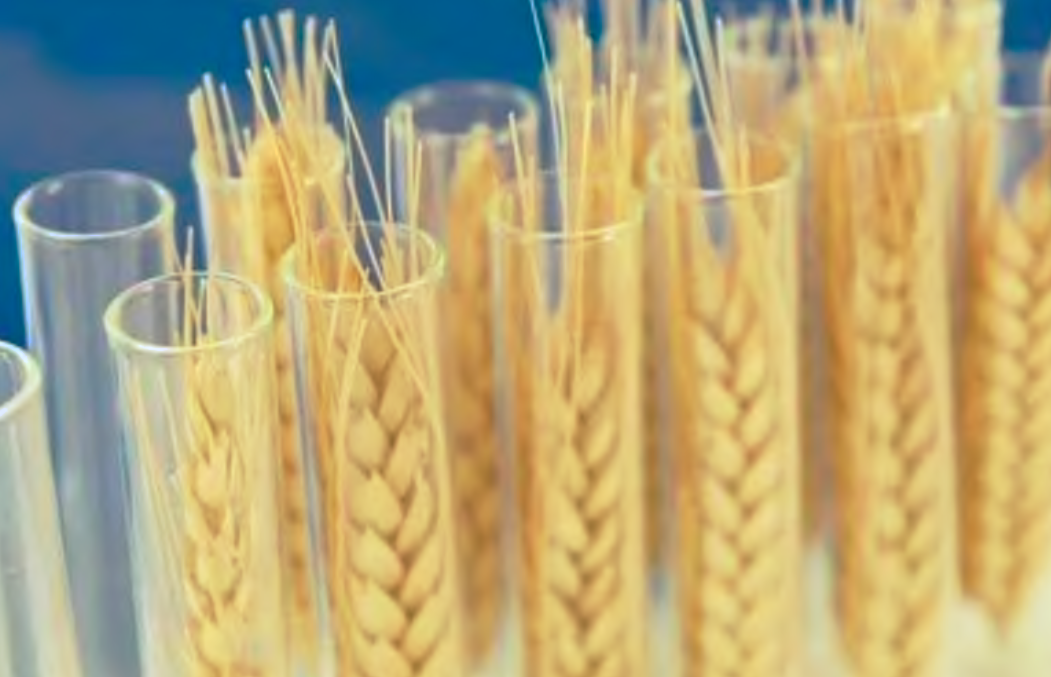RIO DE JANEIRO, BRAZIL – The Brazilian government approved for sale the drought-tolerant transgenic wheat, HB4, developed by the Argentine company Bioceres. It is a breakthrough introduced from a sunflower gene.
Reuters reported this and was confirmed by several Argentine newspapers from sources of the Ministry of Agriculture led by Julián Domínguez, the official who had promoted the cereal in his previous 2009/2011 term in that portfolio.
Read also: Check out our coverage on Argentina
The news was expected today in the framework of a meeting of the Brazilian National Biosafety Technical Commission (Ctnbio), a body that deals with the regulation of transgenics.

Bioceres had obtained conditional approval in Argentina last year pending authorization from Brazil, the largest single buyer of the grain. The neighboring country accounts for 45% of Argentina’s wheat exports.
In recent months, Brazilian buyers, such as mills and the food industry sector, had expressed their reservations about an eventual approval. However, the Brazilian government gave the green light.
There were also objections within the Argentine commercial chain, fearing how foreign markets might react.
Strictly speaking, some mills and exporters began to set requirements for purchasing the cereal of the new harvest to avoid any contamination of conventional wheat with the transgenic.
“It represents a leap in biotechnology, it is an auspicious fact,” said sources from the Ministry of Agriculture. Domínguez had promoted this transgenic cereal during his previous administration in Agriculture. In this context, now also on his return as Minister, he continued to give a strong impulse to this development to achieve what has been achieved today.
In Agriculture, it is emphasized that under conditions of water stress in affected areas, yields could increase by 20 to 25%. In this context, the agricultural portfolio also pointed out that this wheat is in line with climate change, with increasingly extreme events.
As explained by the developer company, “HB4 wheat is a 100% Argentine development, product of the public-private collaboration of more than 18 years between Bioceres and the research group of the Instituto de Agrobiotecnología del Litoral (Conicet-UNL), led by Dr. Raquel Chan, responsible for the research that gives rise to the development.”
“Argentine science continues to produce impact,” they added. They detailed that “HB4 wheat varieties have incorporated a sunflower gene that increases tolerance to drought conditions, reducing yield losses in the face of water deficit.”
In the last two agricultural seasons, the transgenic cereal was produced through a confined identity program, linking the company and producers. It is a closed system to guarantee traceability. It was never marketed, “and for the moment it will not be marketed either”, according to a company source who indicated that “the program follows very strict protocols to guarantee traceability.” Six thousand hectares were made last agricultural cycle, and now this wheat is in 55,000 hectares.
As mentioned, the transgenic cereal generated controversy in the Argentine retail chain, attentive to the reactions of foreign markets. Gustavo Idígoras, president of the Chamber of the Oil Industry and Cereal Exporters Center (Ciara-CEC), said after the approval in Brazil: “The approval in Brazil is a recognition of Bioceres’ technological development. It only approves wheat flour, so wheat grain from Argentina is not included. We will maintain all the testing and control systems in place to provide peace of mind to all buyers of Argentine wheat.”

